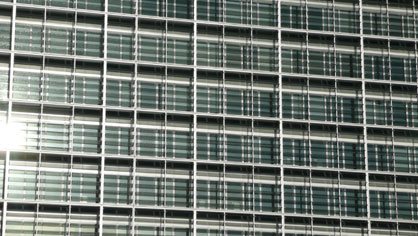22 December 2011
The Marine Conservation Society has apparently pronounced itself “appalled” at the recent December Council TAC decisions where these varied considerably from the Commission’s proposals.
This is not the first time that one of the more naïve NGOs has painted the fishing industry and fisheries ministers as “fish deniers” blithely allocating to themselves more fish than can be safely or sustainably afforded.
The reality is a bit different. In fact, for the most part both the NFFO and UK ministers would this year have been more or less content to “follow the science” by translating ICES stocks advice directly into TAC decisions.
In fact, it was the European Commission which this year departed from the science by suggesting 25% TAC cuts to any stock for which ICES could not provide an analytical assessment with population estimates – the data poor stocks. This had nothing to do with science and everything to do with political tactics. It was an attempt to shake up those member states which had not fulfilled their data collection responsibilities by harming the livelihoods of many thousands, including those in member states, the UK included, which had fully met its data provision obligations. This left member states with little option to push back with more responsible and balanced counter-proposals.
Similarly, the Commission’s wilful interpretation of ICES advice to translate “there should be no increase in fishing mortality” to mean a 25% reduction, owed nothing to science and everything to a bullying policy approach with no serious attempt to reach a reasonable balance.
Likewise “no targeted fishery” in the ICES adviceis not the same as a zero TAC in the Commission proposal.
Especially in mixed fisheries, there are difficult choices to be made by fisheries managers when setting TACs each year. Balancing the out-take with efforts to build stocks, whilst minimising discard and adverse socio-economic consequences is a complex task. Member states bring insights and information to TAC decisions to which a small group of bureaucrats in Brussels simply do not have access.
These decisions are not helped by the hysterical sounds offstage by NGOs with only the most superficial understanding of the issues and a simplistic agenda that equates environmental progress with the scale of TAC reductions.
Not all environmental NGOs should be tarred with the same brush. But the Marine Conservation Society is building up a solid reputation for speaking first and thinking afterwards. It is not helpful.

